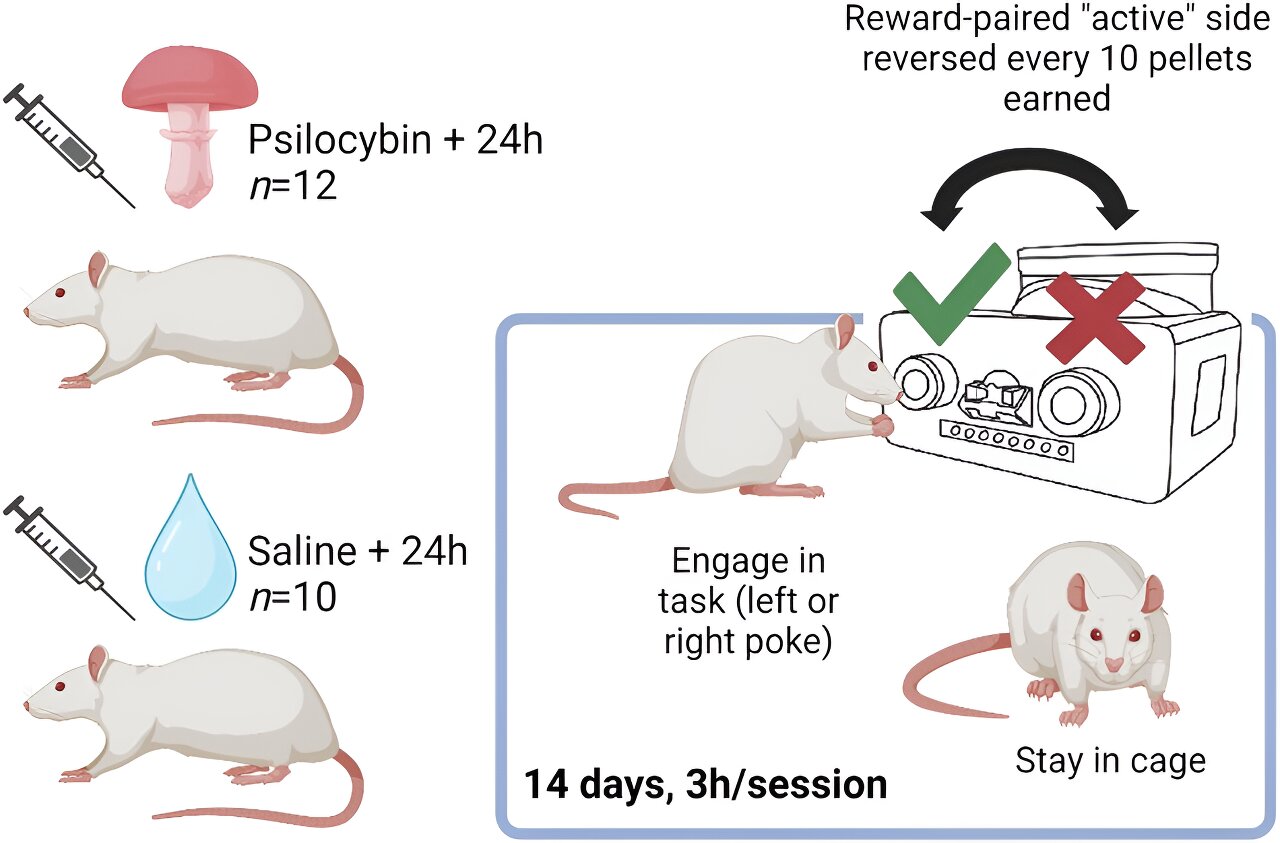A new study shows that loneliness in later life is associated with an increased risk of individuals wishing for their own death, but protective effects may include attending religious services and secular social activities.
New research from the Irish Longitudinal Study on Ageing (TILDA), at Trinity College Dublin highlights the growing problem of death ideation and the increasing rates of both loneliness and suicidal thoughts among older individuals. The study published in the peer-reviewed journal Frontiers in Public Health explores the critical issue of social disconnection and its link to a ‘wish to die’ among older adults.
The ‘Wish to Die’ (WTD) involves thoughts of or wishes for one’s own death or that one would be better off dead. It is a commonly used indicator to capture death ideation which is an important clinical marker for future suicidal behaviour.
Social disconnection and deaths by suicide among older adults are both important public health concerns, particularly in the context of aging populations. The association between death ideation and behaviours, and social disconnection is well established and both functional and structural social relationships have been identified as predictive of suicide-related thoughts and behaviours.
Building on previous research by TILDA, the study — based on responses from 8,000 community-dwelling adults — demonstrates that the subjective feeling of loneliness is more strongly associated with death ideation than other measures of social disconnection, including social isolation or living alone. The association between WTD and loneliness remained strong even after controlling for depression and other markers of social disconnection.
Dr Mark Ward, Senior Research Fellow at TILDA and lead author of the paper, commented,
“Both loneliness and suicide among older adults have been increasing and are now viewed as critical public health concerns. Adding to a growing body of evidence, this study from TILDA clearly shows that loneliness in later life is associated with an increased risk of individuals wishing for their own death. This wish for death is often a precursor to suicidal thoughts and behaviours.
On the other hand, prosocial behaviours, including attending religious services and other communal activities, protect against these negative thoughts about one’s own life. Uniquely, we also show that attending religious services regularly can protect against death ideation among older adults in Ireland. Our findings again highlight the importance of promoting social activities and networks to safeguard against loneliness and related psychological distress.”
RESEARCH FINDINGS
A key finding of the study is the protective effect of attending religious services. The research indicates that regular participation in such activities can significantly reduce death ideation among older adults in Ireland. Other highlights from the study include:
- 4% reported feeling they would rather be dead in the month prior to the interview.
- 10% exhibited clinically significant levels of depression.
- Loneliness was identified as a particularly important risk factor for death ideation.
- Regular attendance at religious services is an example of a prosocial activity that may protect older adults against loneliness, depression, and death ideation.
- Interventions addressing depression and anxiety, including cognitive behavioural therapy, may also help alleviate loneliness.
Dr Robert Briggs, Consultant Geriatrician at St James’s Hospital and co-author of the study, said,
“This study demonstrates the importance of addressing mental health concerns and maintaining social connectedness in later life. ‘Wish to Die’, which involves wishes for one’s own death or thoughts that one would be better off dead, is strongly linked with future suicide attempts. This study of over 8,000 older people found that ‘Wish to Die’ was strongly associated with depression and loneliness, while engaging in social activities appears to be protective. An enhanced focus on improving access to mental health care and addressing social isolation in older people should therefore be a priority for policymakers.”
Regius Professor Rose Anne Kenny, Consultant Geriatrician and Principal Investigator of TILDA, added,
“Loneliness and social isolation are rising among older adults in Ireland. This issue was particularly acute during the pandemic but continues to persist post-pandemic as some older individuals remain fearful or have lost confidence. Loneliness is detrimental to health, accelerating biological ageing and disease. Addressing this problem is urgent.”


